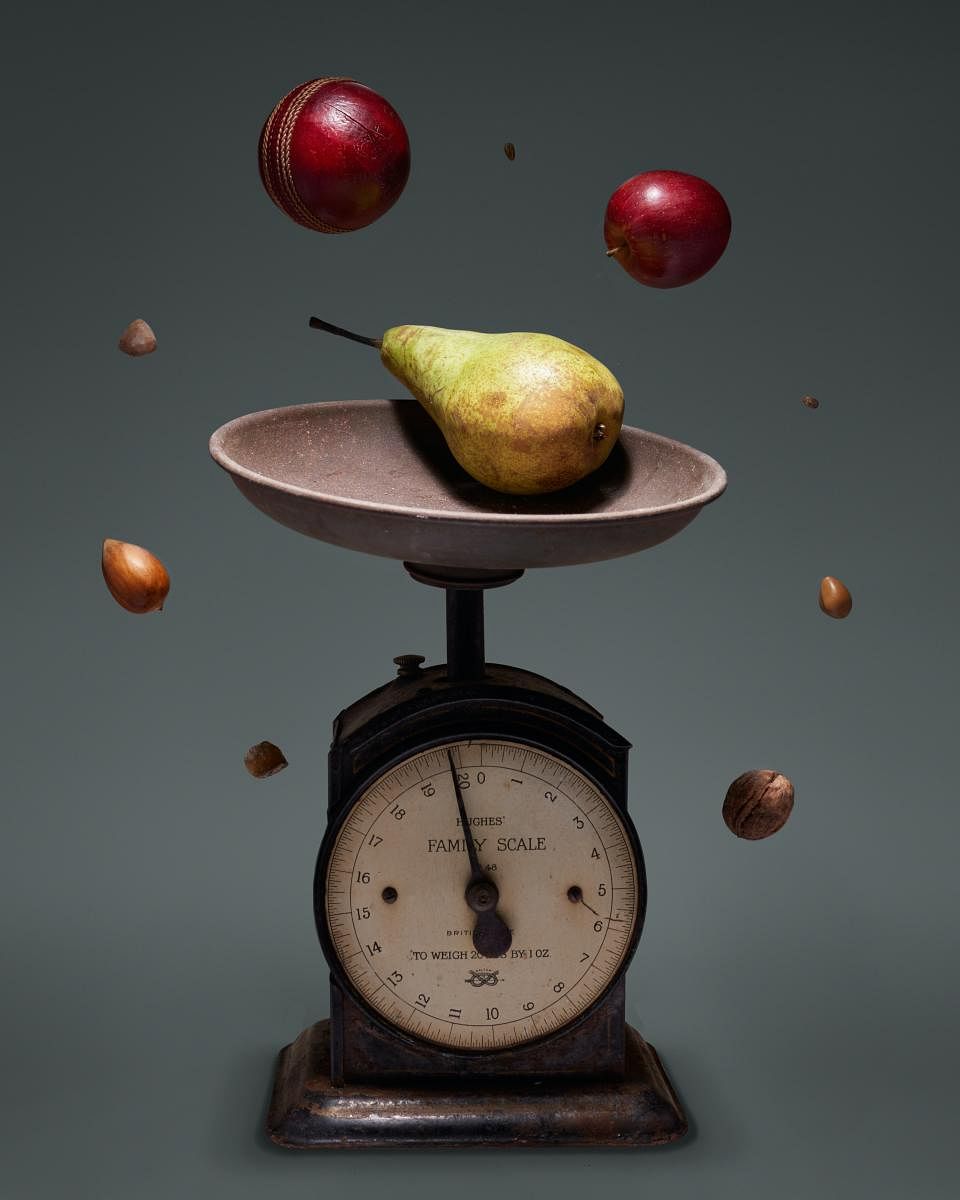
No diet can be perfect. An appropriate description of what constitutes a healthy diet always varies as the nutritional requirement for each individual differs based on their metabolism and physical state. Foods that help in growth and development for a growing child might have a different impact on an adult with a certain condition. At times, people might fall for false promotions and practice unhealthy diet patterns which in this modern era is a major health concern.
Remember, food is an essential key towards successful healing and how we choose it makes a lot of difference. Feeding your body is not enough, instead, eat food that nourishes your soul. Few daily foods like vegetables, fruits, cereals, milk and meat products are an essential part of everyone’s diet. Similarly, maintaining an isocaloric balance is equally important between the intake of calories and the calories used up for any physical activity.
Emphasising on different food groups and including them regularly in the right amounts ensures that one gets a balanced diet. Major food groups include grains, fruits, vegetables, proteins, fats and sugars. Studies suggest that the diets which include these major food groups and limit or exclude refined carbs, saturated fats, excess salt are said to be associated with bringing down the risk of non-communicable diseases like diabetes, hypertension, heart ailments etc.
Macronutrients: Carbohydrates, protein and fats are the major nourishing compounds of food that are needed regularly as the major sources of energy. As the energy yield from each macronutrient is different, eating a balanced diet is very important to be healthy and energetic.
Carbohydrates: Sugars, starches and fibres are the different types of carbohydrates present in food. Fruits, vegetables, green leafy vegetables, whole grain cereals, milk and milk products contain carbohydrates in different forms. Fibres are the non-digestible part of the carbohydrate but it aids in proper digestion. Sugar and starches act as a major source of energy especially for the brain and central nervous system. 4kcal of energy yield is obtained by 1 gram of carbohydrate and a normal adult should get 40-60% of their total energy from carbohydrates. Apart from providing energy, these foods are also good sources of micronutrients. Kids can enjoy carbs in each of their major meals as it is easy to digest and provide that instant energy.
Proteins: A normal person should consume 0.8-1 gram of protein per kg body weight daily. The requirements are higher for growing kids and it varies accordingly for a person with any diseased condition. Animal sources like meat, eggs and milk products provide all of the essential amino acids. Plant-based sources like beans, seeds and dals also have a good amount of protein in them. Proteins act as the building blocks and also form the structural support, hormones, enzymes and biochemical catalysts which makes it an essential part of each meal. 1 gram of protein yields 4kcal of energy. A protein deficiency leads to malnourishment and other deficiency disorders both in children and adults.
Fats: Good fats are also an essential part of a balanced diet. They have various functions to perform in the body apart from yielding energy. 1 gram of fat yields 9kcal energy. Studies suggest that reducing saturated fats in the diet is related to the reduced risk of non-communicable diseases. Oils from seeds, nuts, fishes have PUFA & MUFA in them which helps in maintaining healthy HDL levels and reduces bad cholesterol levels i.e LDL levels. Good fats like fish oil, avocado oil, olive oil, ghee, oil from seeds etc., are considered to be safe during pregnancy. Saturated and trans-fats from fried, packed and processed foods are considered to be unhealthy and can increase the risk of diabetes, heart diseases when consumed regularly.
Micronutrients: Trace elements like vitamins and minerals constitute these micronutrients. Though they are required in smaller amounts, the impact they have on the functioning and maintenance of the body is very significant. A deficiency of these micronutrients leads to deficiency disorders especially in growing children, pregnant women and lactating mothers. 3-4 servings of vegetables, 2 servings of fruits and a fistful of nuts and seeds every day will help in gaining these micronutrients.
Fluids: Water is the best fluid that is another essential portion of a balanced diet. Water intake directly impacts the body’s ability to function well. Apart from rehydrating the cells, water also plays an important role in the digestion and absorption of nutrients present in the food. Being hydrated well keeps a person more active and relieves them from indigestion and constipation.
(The author is a Bengaluru-based senior
executive nutritionist.)